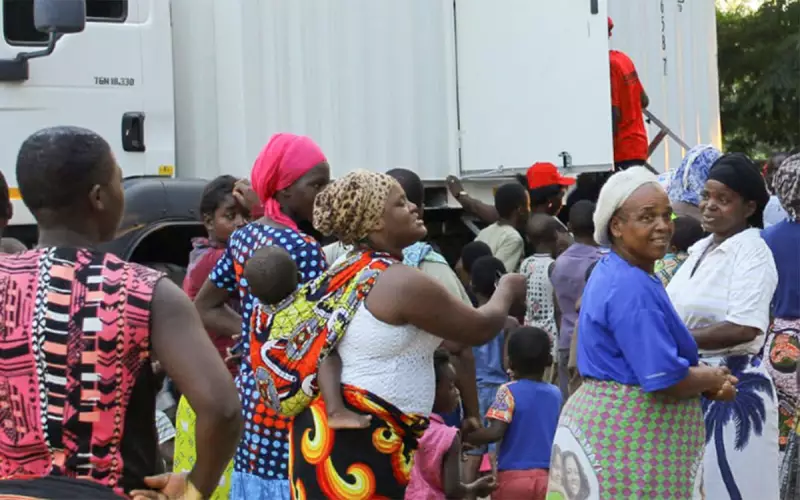
Malawi is grappling with a devastating tuberculosis crisis that threatens to reverse decades of progress, as severe drug shortages and drastic cuts to international aid push its fragile healthcare system to the brink of collapse.
Critical Shortages and Soaring Cases
Health facilities across the country are reporting alarming stockouts of essential TB medications, including the critical rifampicin injection and first-line treatment drugs. This comes as confirmed TB cases have surged by approximately 15% in the past year alone, creating a perfect storm that is overwhelming medical staff and facilities.
The Human Cost of Funding Cuts
The crisis has been dramatically exacerbated by significant reductions in international health funding. The Global Fund to Fight AIDS, Tuberculosis and Malaria has slashed its allocation to Malawi by nearly 30% for the 2025-2027 period, creating a devastating $103 million gap in essential health services funding.
"We are watching a preventable tragedy unfold before our eyes," reports a senior health official from Lilongwe who wished to remain anonymous. "Patients are being sent home without treatment, and our healthcare workers are forced to make impossible choices every day."
Poverty Fuelling the Epidemic
The situation is particularly dire in Malawi's overcrowded urban settlements and remote rural areas, where poverty creates ideal conditions for TB transmission. Malnutrition, cramped living conditions, and limited access to healthcare services are driving infection rates to alarming levels.
WHO Issues Stark Warning
The World Health Organization has classified Malawi's drug shortages as among the most severe globally, warning that interrupted treatment regimens could lead to the development of drug-resistant TB strains. This would represent a catastrophic setback not just for Malawi but for global TB eradication efforts.
A Nation's Health System Under Siege
Beyond TB, the funding crisis is affecting multiple health programmes. HIV prevention services, maternal healthcare, and childhood vaccination initiatives are all facing severe cutbacks, creating a multifaceted public health emergency that threatens to overwhelm the country's entire healthcare infrastructure.
Health advocates are calling for immediate international intervention and renewed commitment to global health funding, warning that the consequences of inaction will be measured in preventable deaths and the potential resurgence of a disease the world had promised to eradicate.





